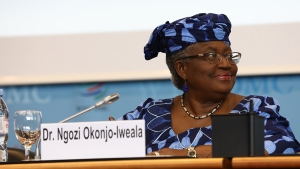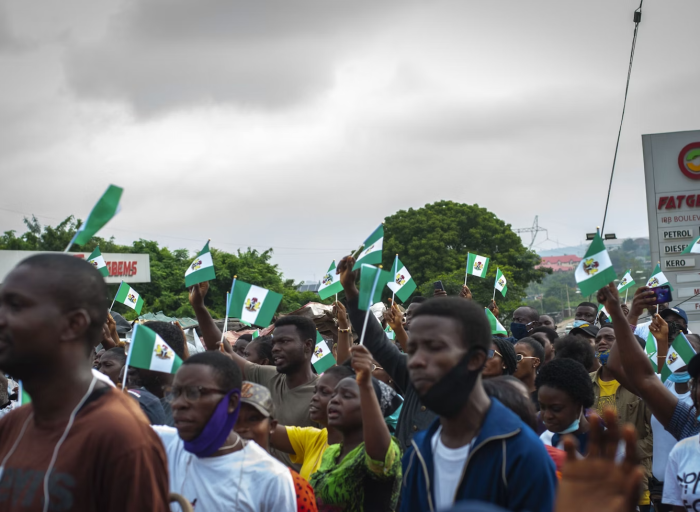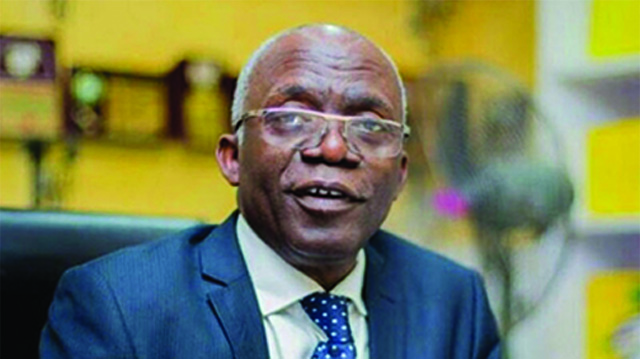During the opening session of the 2024 African Caucus Meeting on Friday, President Bola Tinubu, represented by Vice President Kashim Shettima, attributed Nigeria’s stringent economic reforms to the broader global economic turbulence. Tinubu highlighted the Federal Government’s ambitious policies designed to steer the nation through the adverse effects of these international shocks.
In his address, President Tinubu underscored the critical need for unity among African nations to address common economic challenges and seize collective opportunities. Despite Africa’s myriad challenges—spanning economic, humanitarian, and social spheres—he emphasized the continent’s potential to drive growth through its rich natural resources and human capital.
The theme of this year’s meeting, “Facilitating Intra-African Trade: Catalyst for Sustainable Economic Growth in Africa,” reflects the shared commitment to advancing the continent’s economic agenda.
In his keynote speech, “A Shared Vision for Africa’s Growth,” Tinubu outlined his administration’s proactive measures against global economic difficulties and called for enhancements in quality of life through democratic governance, robust economic institutions, and effective governance.
“We have launched comprehensive economic reforms to counteract the downturns resulting from global economic shocks,” President Tinubu stated.
He also called for stronger international tax cooperation to address illicit financial flows and ensure fair contributions from multinational corporations to African economies.
“We must enhance international tax cooperation to tackle illicit financial flows and ensure that multinationals contribute equitably. Additionally, fostering global economic cooperation is essential for addressing shared challenges and capitalizing on opportunities,” Tinubu said. He also acknowledged the importance of taking ownership of development by pursuing necessary structural and fiscal reforms to stimulate long-term growth and reinvest in infrastructure and social spending.
In his welcome remarks, Chairperson of the Caucus and Nigeria’s Minister of Finance and Coordinating Minister of the Economy, Wale Edun, highlighted the critical role of decisions regarding currency convertibility, cross-border transactions, and financial policy in the success of the African Continental Free Trade Area (AfCFTA).
Central Bank of Nigeria (CBN) Governor, Yemi Cardoso, reported that recent CBN reforms have reduced volatility in the foreign exchange market and increased inflows, noting that while challenges persist, the trajectory is positive.
“Interbank market activities have intensified, and rates are aligning more closely with the standing facilities band. Despite ongoing challenges, the direction is promising. Effective monetary and fiscal policies are essential to manage inflation risks and ongoing economic impacts,” Cardoso said.

In a virtual address, World Trade Organization (WTO) Director General Dr. Ngozi Okonjo-Iweala analyzed Africa’s economic landscape and potential, stressing the need for enhanced regional integration. She pointed out that in 2021, only 13% of Africa’s goods trade was internal, compared to 21% in Southeast Asia, 39% in North America, and 60% in Europe.
Deputy Secretary-General of the United Nations, Amina Mohammed, emphasized the significance of trade facilitation, a Pan-African payment system, and improved access to energy and connectivity. She noted that public investment remains a challenge, citing that last year, 48% of government revenue in sub-Saharan Africa was allocated to debt servicing.
Rwandan Prime Minister Dr. Edouard Ngirente highlighted the transformative potential of the AfCFTA, stating, “We are at a pivotal moment in Africa’s economic evolution. With coordinated efforts and steadfast commitment, we can unlock the immense potential of intra-African trade and ensure a prosperous future for our continent.”



